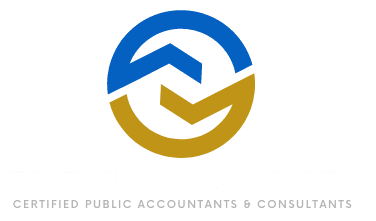Businesses large and small rely on financial data to plan for the future and make significant business decisions. However, your books are only useful if they are well maintained. Errors can be costly, whether they result in bad decisions made with poor information or unexpected tax liabilities. To make sure your bookkeeping isn’t causing harm, consider whether you are making these common bookkeeping mistakes.
Not reconciling bank statements. Bank reconciliations are a fundamental aspect of bookkeeping but too often they are ignored. Monthly bank reconciliations ensure you know how much money you have in the bank, can help identify computational errors, lost checks, or missing deposits, and are an important fraud detection tool.
Recording credit card payments as an expense. Inexperienced bookkeepers often make a payment on a credit card and record it as an expense to an account called “credit card expense.” The proper way to account for credit cards is to set up a liability account for the credit card. All of the individual transactions on the card should be recorded to the proper expense category. Payments made on the card will reduce the liability and the account should be reconciled to the statement monthly, just like a bank account.
Recording owner draws as expenses. When an owner takes money from the company or pays personal expenses with business funds, it is a reduction of his or her capital account and should be reported as a draw. Some inexperienced bookkeepers set up an expense account for these transactions, resulting in a significant understatement of the company’s net income.
Good financial management starts with a basic understanding of bookkeeping. We can help make sure your books are accurate so that you’ll be able to rely on them when it really counts.
Related Articles
Common Problems for Business Owners
How Accounting Services For Small Business Can Help

